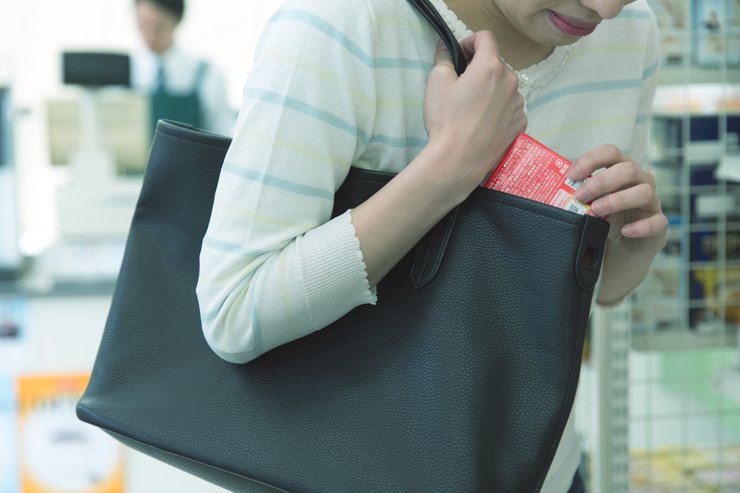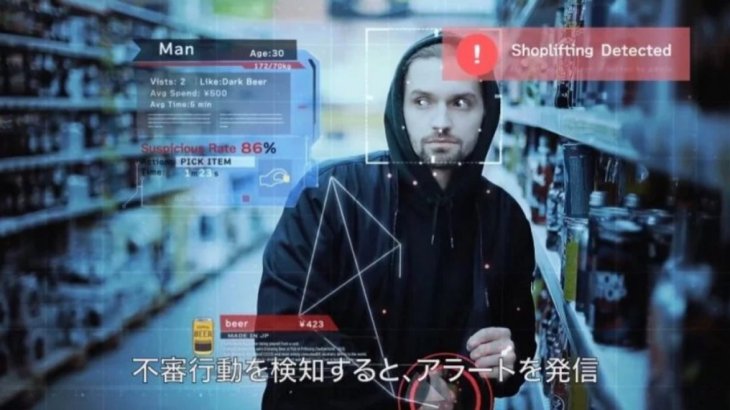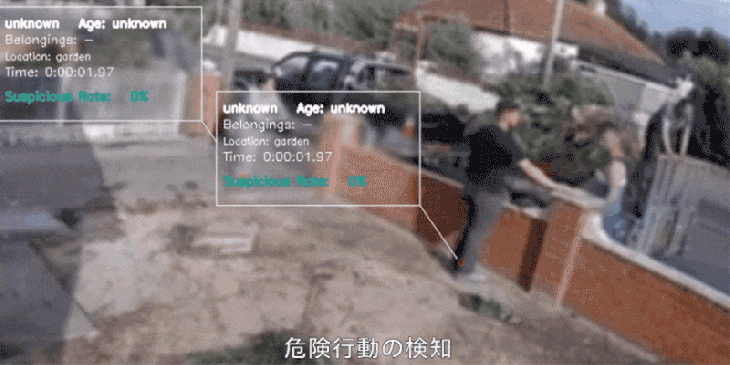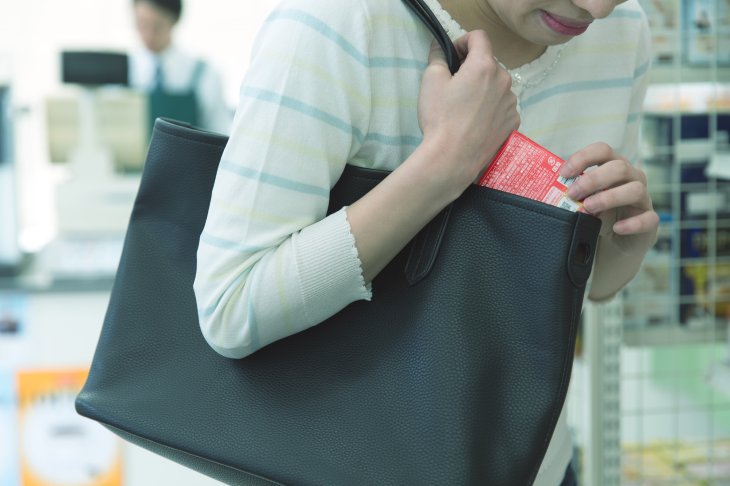This AI Could Identify Would-Be Shoplifters By Analyzing Their Behavior
Aadhya Khatri - Mar 01, 2019

The AI may have the tendency to identify people of races other than white, who fall under the suspicion of illegal acts more often than anyone with fairer skin colour.
- AI Intimidation Tactics: CEOs Turn Flawed Technology Into Employee Fear Machine
- David vs. Goliath 2.0: How DeepL's NVIDIA SuperPOD Makes Google Translate Look Like Dial-Up Internet
- The Great AI Suitcase Caper: How China Pulled Off Tech's Most Audacious Smuggling Operation
Theft has long been a pressing issue that caused retailers to lose up to billions of dollars in the US alone. To deal with this problem, a startup based in Japan has come up with an AI that can catch stealers red-handed while they are doing their illegal act.
While it has not yet been tested in the US, Vaak, the startup in question has conducted test runs in convenience stores in local areas and it said that its system reduced the loss from theft by 77%.

The AI is called Vaakeye and it relies on the existing surveillance camera system to detect shoplifting cases that human staff of the store may be too busy to notice. The AI was trained by over 100 hours of videos showing the behaviours of regular customers and theft.
According to Ryo Tanaka, CEO of Vaak, Vaakeye discovers shoplifting based on over 100 criteria, which include how the hands move, the look on customers’ faces, the way they walk, and the kind of outfit they are wearing.
When Vaakeye discovers something out of the ordinary, it will notify the store staff. What happens next is entirely up to the human personnel. They can come close to the person the system points to and ask if he or she is in need of assistance. The AI will not say something too specific like this person is a shoplifter, instead, it alerts staff of suspicious cases that might lead to loss of goods.

Using AI in retailing to combat illegal acts like employee theft or refund theft is not a new idea. In fact, last year, NTT East, a Japanese telecommunications company headquartered in Tokyo, announced a similar system called AI Guardsman, which the company said can cut the loss by 40%.
According to Chelsea Binns, an Assistant Professor in the Department of Security, Fire and Emergency Management at John Jay College of Criminal Justice, retailers must consider the downside of this technology. While it was promising in helping stores prevent shoplifting, a surveillance system like Vaakeye could make customers feel unease while entering a store as they know they would be tracked, which might decrease the number of customers retailers get.

Sven Dietrich, also from John Jay College, shared that the accuracy rate of deep learning algorithms depends heavily on the quality of data the AI is fed. He elaborated his point by taking an example of a real shoplifter worn a blue jacket, which might lead to the AI thinks that anyone wearing the same kind of outfit is a would-be thief. He added that developers must feed in a large enough amount of information or the AI would form a kind of prejudice.
Sharing a similar opinion, Jerome Williams, Executive Vice Chancellor and Provost of the Rutgers-Newark Campus, said that if developers failed to keep the training under control, the AI may have the tendency to identify people of races other than white, who fall under the suspicion of illegal acts more often than anyone with a fairer skin colour. He said that the problem here was who got caught and who was being watched, which also based on bias.

Black customers who had been falsely accused of shoplifting previously might look nervous the next time they were in any store, a kind of body language that the AI could perceive as an indication of potential theft. However, Williams highly regarded Vaakeye’s body language approach as it reconciled with his idea of focusing on how the person behaves rather than which race he or she belongs to.
Nell Watson, a speaker on AI and Technology backed the theory of Williams that analyzing behaviour is the right way to go. She said that a people had their own prejudice and an AI system could be designed to be less bias, but the key here was to audit it properly, the kind of job that should fall into the hands of experts.
While the viability of this technology is still a matter of debate, Vaakeye has made its way to the outside world already. Tanaka said that their AI was available in around 50 stores in Tokyo and it would appear on other parts of Japan in the near future.
Featured Stories

Features - Jul 01, 2025
What Are The Fastest Passenger Vehicles Ever Created?

Features - Jun 25, 2025
Japan Hydrogen Breakthrough: Scientists Crack the Clean Energy Code with...

ICT News - Jun 25, 2025
AI Intimidation Tactics: CEOs Turn Flawed Technology Into Employee Fear Machine

Review - Jun 25, 2025
Windows 11 Problems: Is Microsoft's "Best" OS Actually Getting Worse?

Features - Jun 22, 2025
Telegram Founder Pavel Durov Plans to Split $14 Billion Fortune Among 106 Children

ICT News - Jun 22, 2025
Neuralink Telepathy Chip Enables Quadriplegic Rob Greiner to Control Games with...

Features - Jun 21, 2025
This Over $100 Bottle Has Nothing But Fresh Air Inside

Features - Jun 18, 2025
Best Mobile VPN Apps for Gaming 2025: Complete Guide

Features - Jun 18, 2025
A Math Formula Tells Us How Long Everything Will Live

Features - Jun 16, 2025
Comments
Sort by Newest | Popular